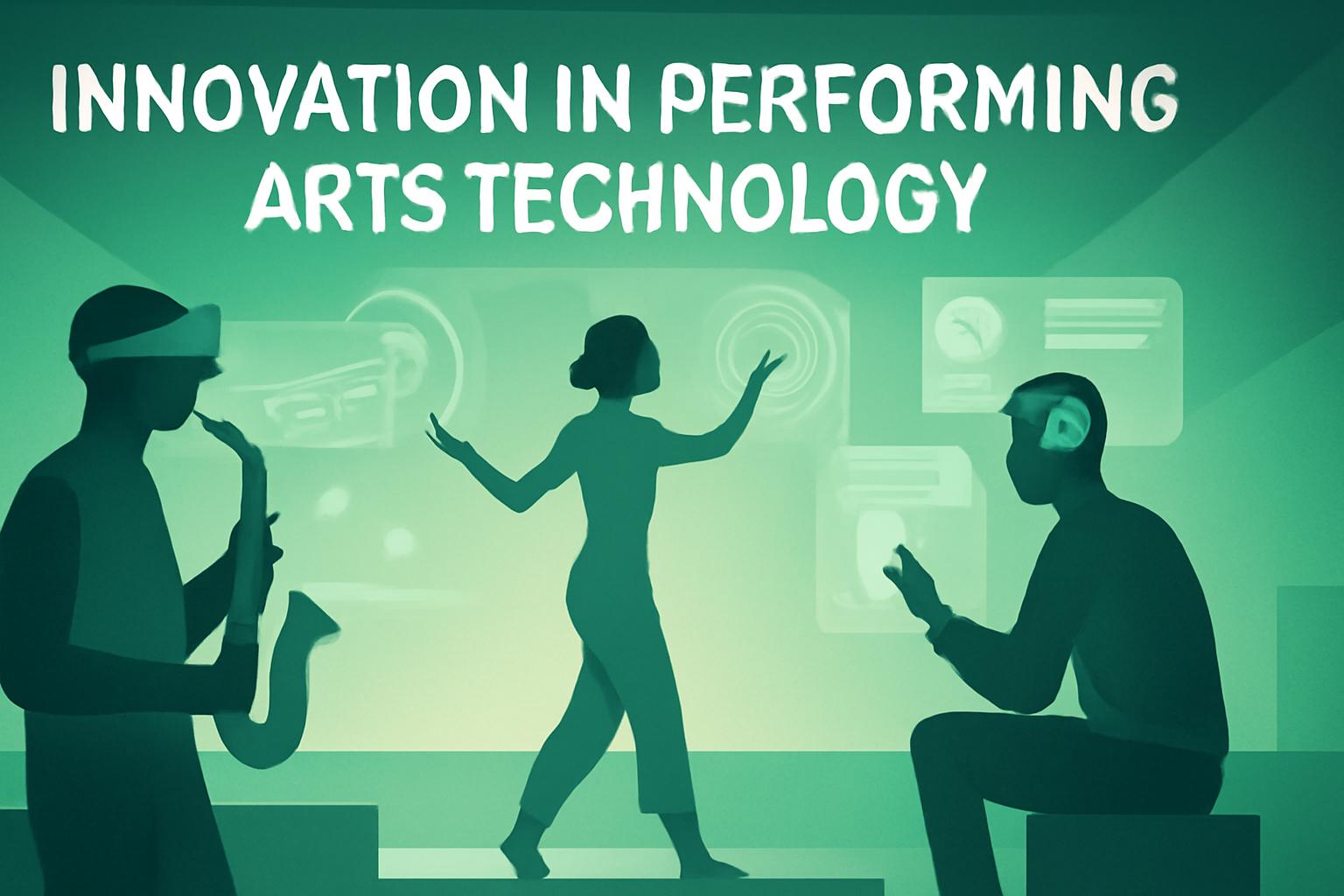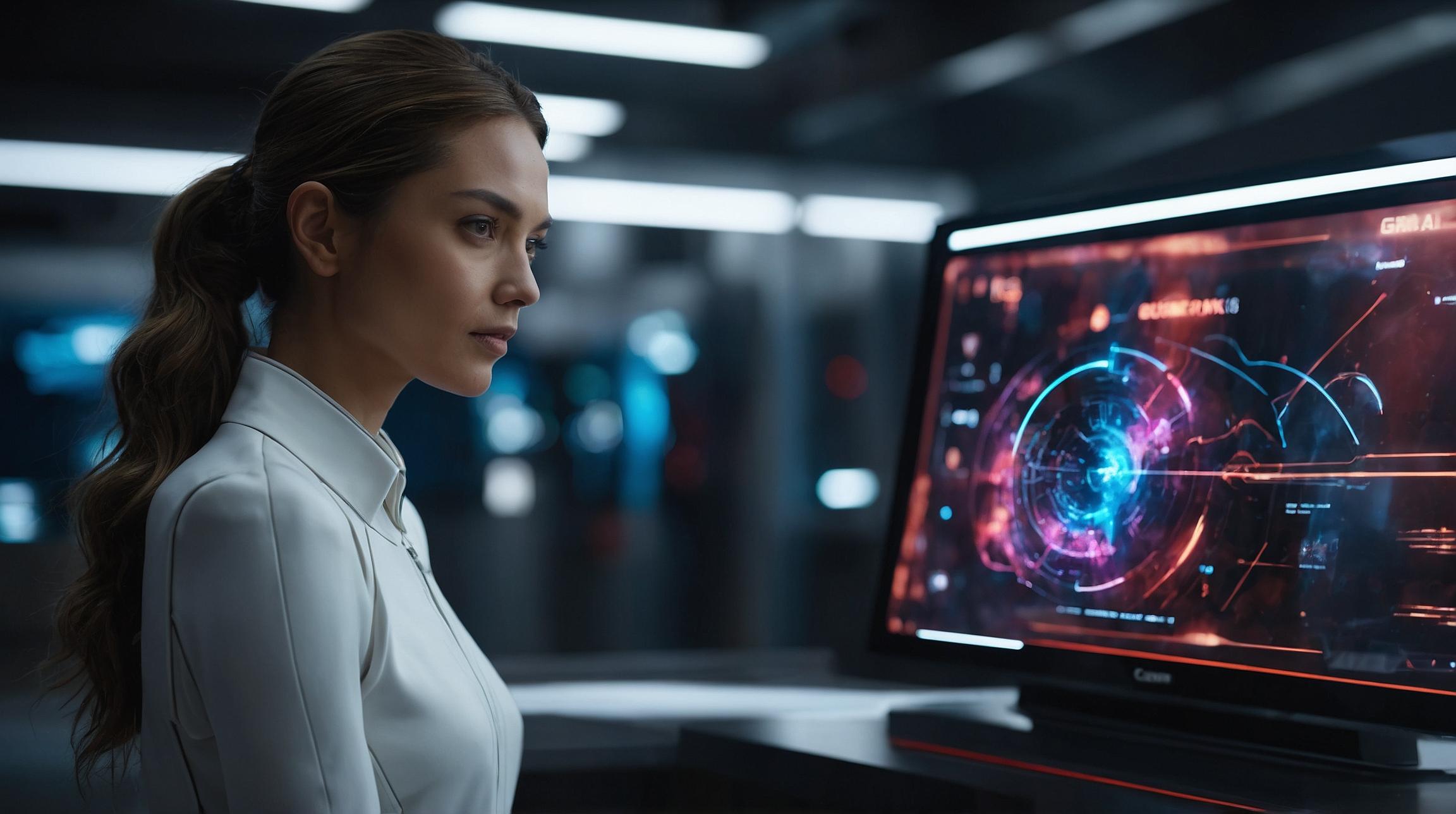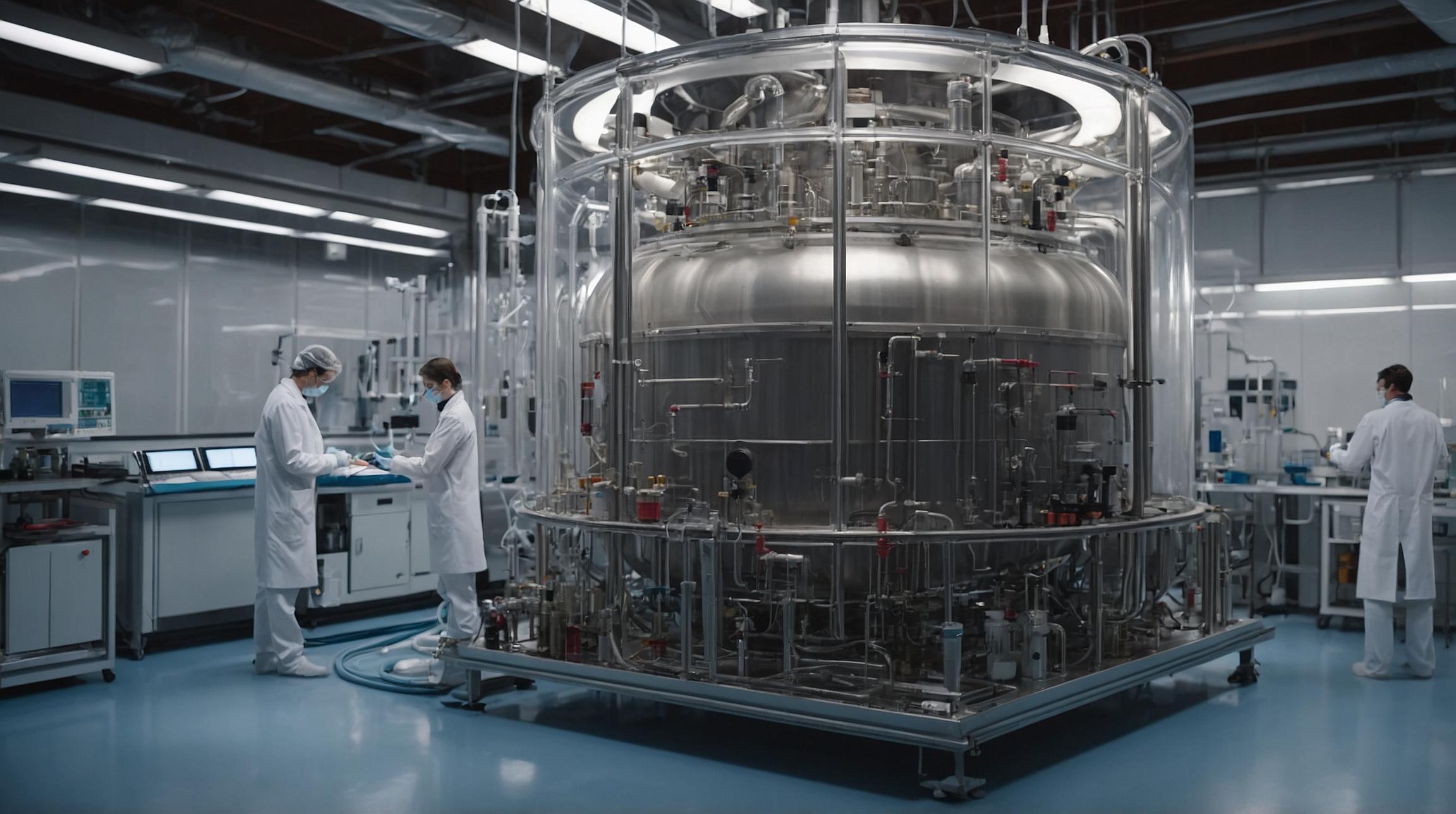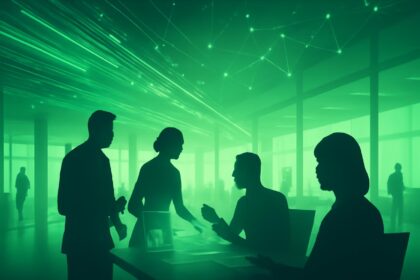At a pivotal moment of debate over technology’s influence on arts and culture, Lincoln Center for the Performing Arts is embracing opportunity. Its Collider Fellowship invites multidisciplinary artists to investigate how emerging technologies can reshape live performance and the broader performing arts landscape. Today, Lincoln Center announced its second class of Collider Fellows, comprising six artists working across virtual reality, artificial intelligence, immersive 4DSound, and other cutting-edge fields.
Leadership Outlook: Technology as an Artistic Catalyst
Jordana Leigh, Lincoln Center’s Vice President of Programming, emphasizes the fellows’ thoughtful approach to situating their work within the broader arts and technology discourse. She expresses optimism about technology’s role as a creative tool rather than a threat.
“I’m an eternal optimist about how tech can benefit the arts. For artists, AI is simply another tool in their toolkit, like a mixer for sound or a paintbrush for paint.”
Leigh also highlights that for many artists, technology is finally aligning with their creative visions rather than the reverse.
Showcasing Potential: Dream Machine and Afrofuturism
A recent example underscoring this potential is Lincoln Center’s arts and tech commission,
Dream Machine by Nona Hendryx. Utilizing AI, VR, and augmented reality, the work immerses audiences—particularly BIPOC communities—in Afrofuturist environments.
“Dream Machine helps people who do not see themselves in technology start seeing themselves in it—especially Black and Brown women.” — Jordana Leigh
Leigh stresses the importance of inclusivity in conversations about arts and technology to ensure diverse perspectives shape the future.
Collider Fellowship Program Details
The six new Collider Fellows were selected through a nomination process and will engage with Lincoln Center and Onassis ONX over nine months. The program offers studio space, a financial stipend, and dedicated support from Lincoln Center personnel. Unlike traditional residencies, the fellowship does not mandate a final project. Leigh notes that some artists use the time to develop multiple prototypes, while others focus on research and creative rejuvenation.
“Both approaches—active creation and contemplative exploration—are completely acceptable ways to use this fellowship.”
Several projects from the inaugural cohort remain in development and could be featured at Lincoln Center. Leigh indicates openness to diverse formats and global audience engagement, especially through location-based and extended reality experiences.
Introducing the 2025 Collider Fellows
- Cinthia Chen: Multidisciplinary artist and technologist exploring memory, hybrid identities, and spiritual futurism through performance and installation.
- Sam Rolfes: Virtual performer and co-director of Team Rolfes, known for motion-capture work with artists like Lady Gaga and Netflix projects.
- James Allister Sprang: Pioneer of immersive 4DSound experiences, focusing on diasporic timelines and Black interiority.
- Stephanie Dinkins: Transdisciplinary artist and educator addressing race and future histories in emerging technologies; named one of Time’s 100 Most Influential in AI.
- Kevin Peter He: Creator blending cinema, dance, and game engines to explore narrative and embodiment shaped by technology.
- Dr. Rashaad Newsome: Whitney Biennial alum whose work combines AI, robotics, and performance to investigate Black and Queer cultural expression.
FinOracleAI — Market View
Lincoln Center’s Collider Fellowship exemplifies a strategic investment in the intersection of technology and the performing arts. By supporting artists who leverage VR, AI, and immersive sound, the program fosters innovation that can redefine audience engagement and cultural expression.
- Opportunities: Expanding global reach via digital and immersive platforms; fostering inclusivity by empowering underrepresented voices in tech-driven art; positioning Lincoln Center as a leader in arts-tech integration.
- Risks: Potential challenges in audience adoption of new formats; balancing technological novelty with artistic integrity; sustaining long-term funding for experimental projects.
Impact: The Collider Fellowship strengthens Lincoln Center’s role as an incubator for transformative performing arts, promoting a forward-looking dialogue between artists and technology while addressing inclusivity and innovation challenges.













